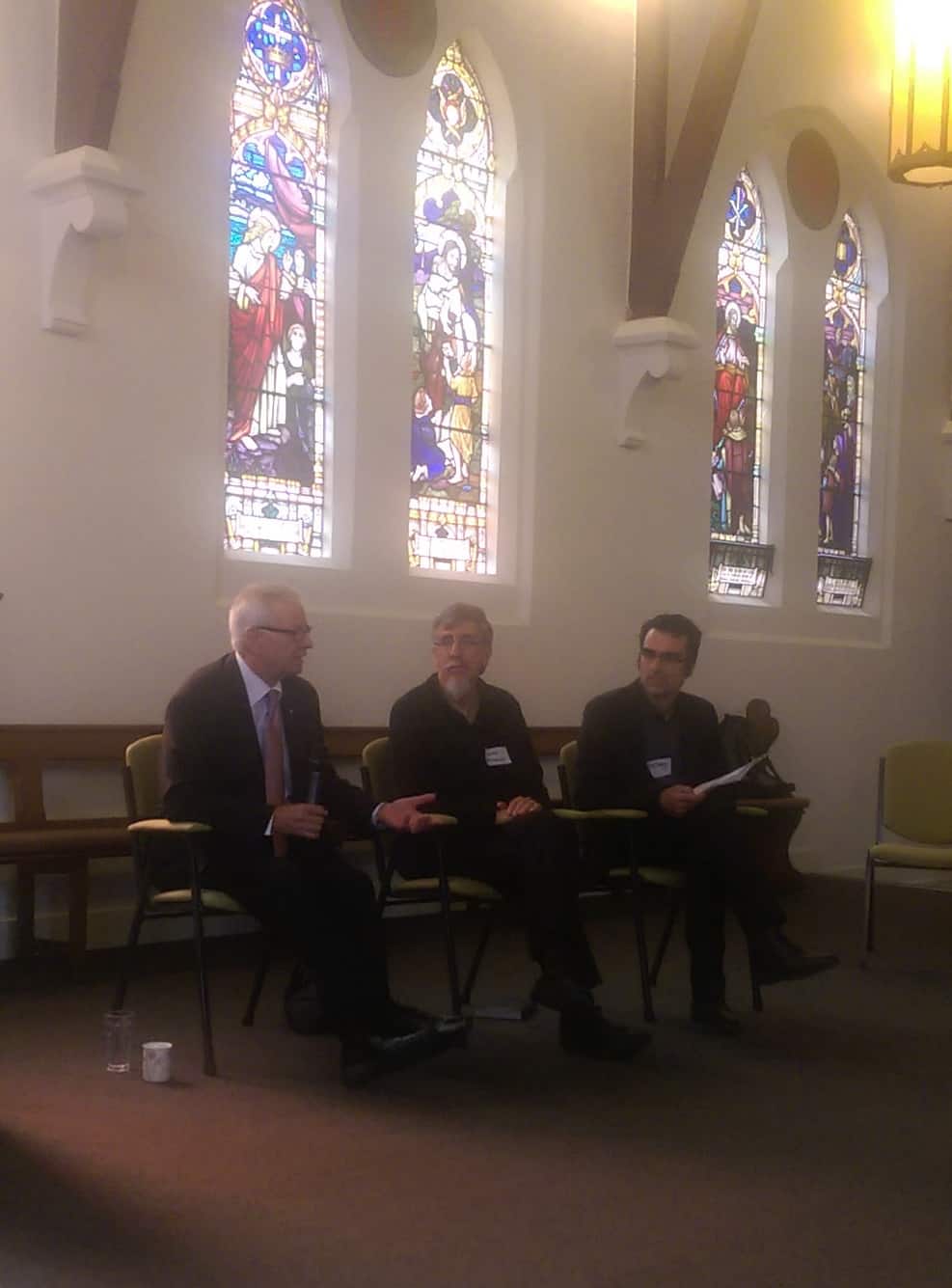 On 7 May 2015, Senator Doug Cameron (Australian Labor Party, pictured) launched a new book written by John Bottomley (pictured, centre) called “Hard Work Never Killed Anybody – How the idolisation of work sustains this deadly lie“. Cameron acknowledged the uniqueness of the book as ranging
On 7 May 2015, Senator Doug Cameron (Australian Labor Party, pictured) launched a new book written by John Bottomley (pictured, centre) called “Hard Work Never Killed Anybody – How the idolisation of work sustains this deadly lie“. Cameron acknowledged the uniqueness of the book as ranging
“…across, theology, Marxism, the Protestant work ethic, and the Enlightenment.”
This combination is rare in the field of occupational health and safety but Cameron said that Bottomley provides evidence that
“…the promise of industrialised society that hard work brings its own rewards is a lie”
and that this is a necessary and important challenge to the current political consensus. Continue reading “Sen. Doug Cameron launches “Hard Work Never Killed Anybody””


